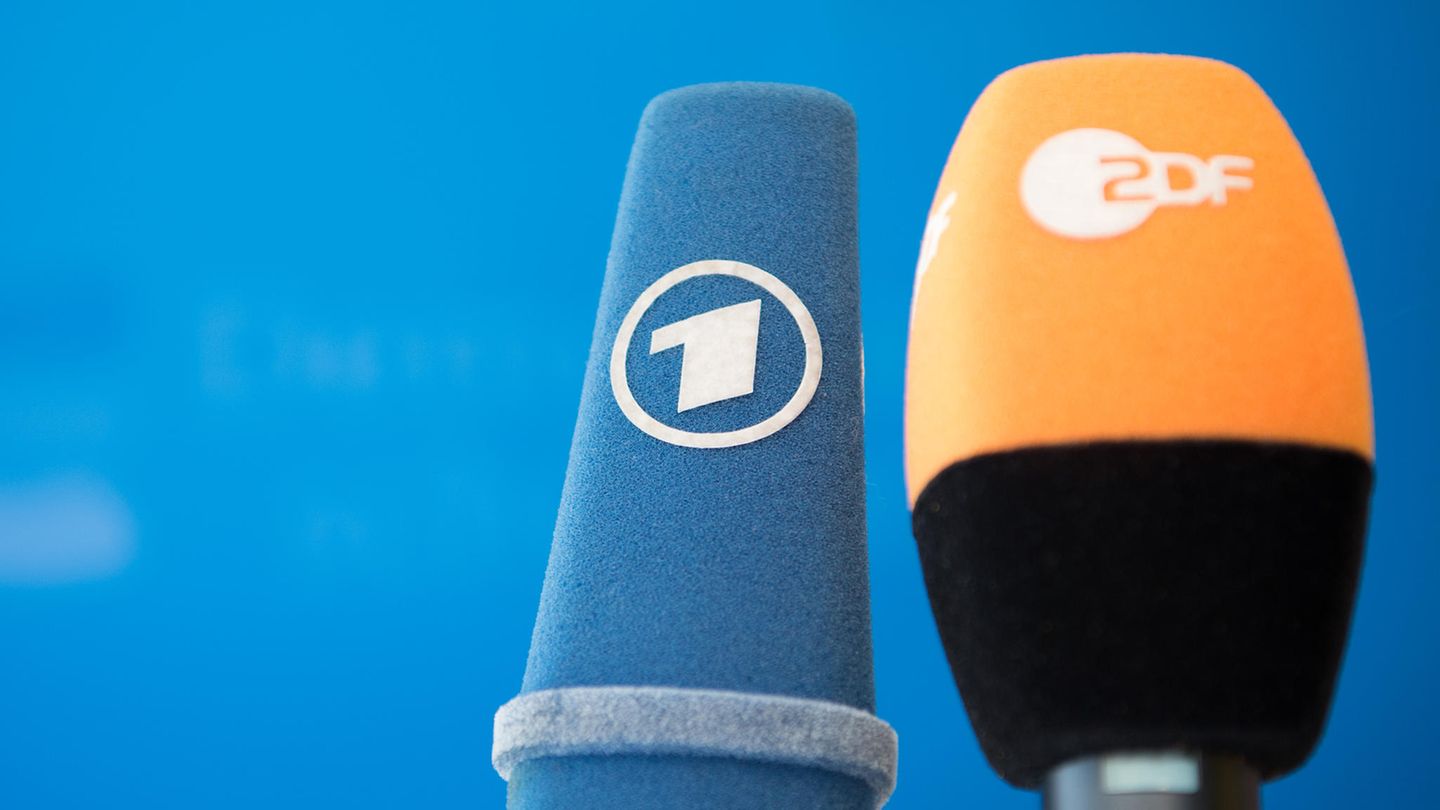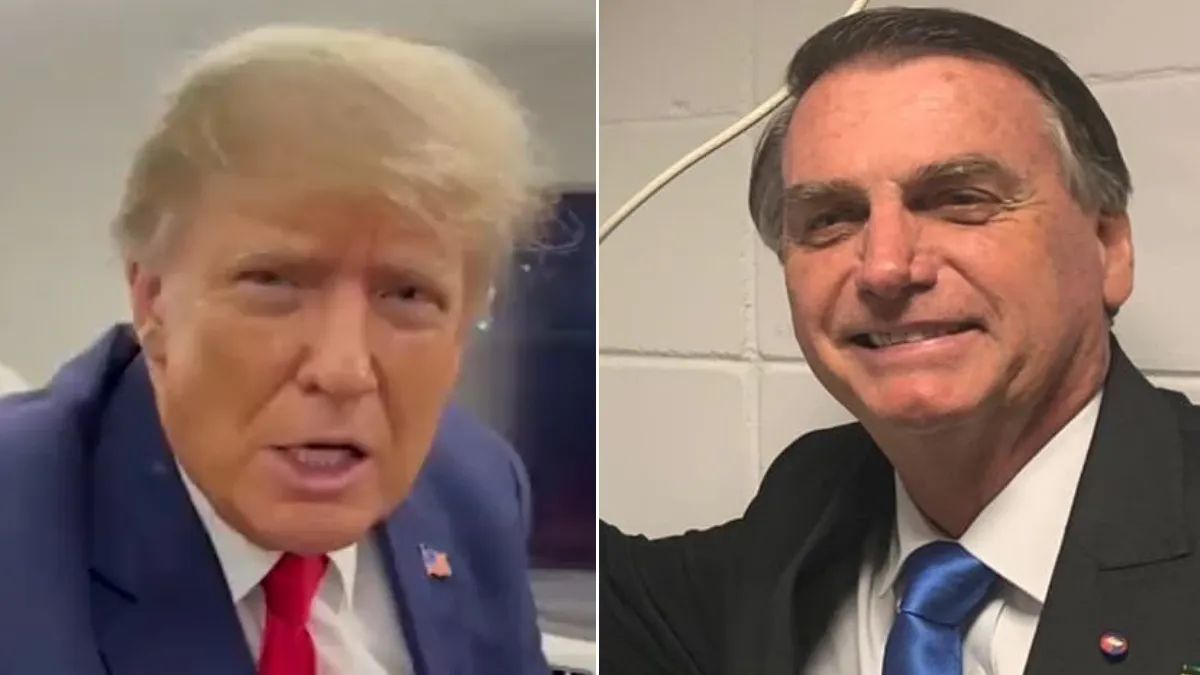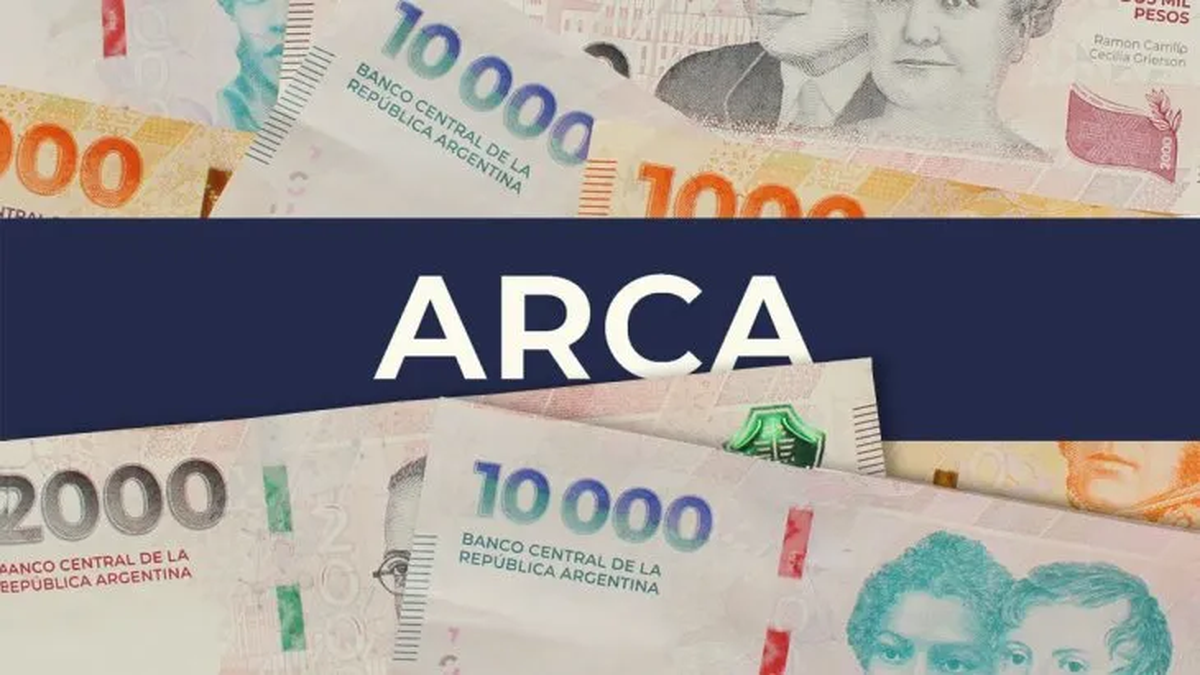ARD, ZDF and Deutschlandradio are supposed to make savings according to politicians’ wishes. After a long dispute, the country leaders have made their first decisions. The verdict of the press.
The prime ministers are pushing for a major reform of public broadcasting – with fewer radio programs and television channels. The future amount of the broadcasting fee, currently 18.36 euros, remains open. The country leaders want to change the way the contribution for ARD, ZDF and Deutschlandradio is determined. They are counting on a meeting in December.
The Prime Ministers want the reform so that public broadcasting can be made more efficient. Kretschmer said that this would “dampen the cost dynamics that exist.” Brandenburg Prime Minister Dietmar Woidke (SPD) said that agreement on the broadcasting reform was “urgently necessary”.
“It is correct that the broadcasting fee is not increasing (for the time being)”
Details of the decision have not yet been published. The countries mentioned a few points in the press conference. For example: The ARD radio programs are to be reduced from 70 to 53. Regarding the smaller TV channels, Schweitzer made it clear: “We have not decided to merge 3sat and Arte.” Rather, it was suggested that Arte be created as a European cultural platform and that 3sat content could play a role there in the future. KiKA and the digital radio offering will be retained. There should be a cooperation at One and ZDFneo. The Prime Ministers have also decided to cap expenditure on sports rights.
This is what the German press says about the first partial results:
“The Bell”: “The Prime Ministers were unable to announce an agreement on the broadcasting fee at their meeting in Leipzig, but they did pass the important reform of public broadcasting. This is urgently needed, because the budgets of ARD, ZDF and Deutschlandradio have grown steadily, much more than could be justified by inflation (…) The reduction in costs must serve to keep the broadcasting fee stable because, especially in times of crisis, it is difficult to explain to those who pay more should.”
“Kölner Stadt-Anzeiger”: “It is certainly annoying that the subject areas that traditionally have the weakest lobby had to suffer more than average on the special interest channels: education and culture. That sounds like a contradiction to the public service mandate. Instead of cutting one of the third programs, they sat down Prime Minister on the documentary and information channels There is no sensible reason not to merge Saarländischer Rundfunk (SR) with Südwestrundfunk (SWR) or Radio Bremen with Norddeutscher Rundfunk (NDR). Fulfillment of the educational mission does not stand or fall with the existence of linear dwarf canals.”
Payroll
The heads of ARD deserve that
“New Osnabrücker Zeitung”: “Hard times are coming for ARD, ZDF and Deutschlandfunk – and that’s good: for the fee payer, who can for now avoid a further increase in the broadcasting fee. And for the media world in Germany. Because this will increase competition between the public broadcasters Broadcasting on the one hand and private broadcasters and independent media companies on the other hand are not even further distorted. Hardly any other country in the world affords such an expensive public service system as Germany. It would be important that the state media treaty is adhered to in the future and ARD and ZDF “The country leaders are now pushing for this to stop flooding the digital channels with press-like text offers.”
“Leipziger Volkszeitung”: “It’s a strange mix in the simmering multi-front battle over the future of public broadcasting: The credibility ratings for ARD and ZDF are high, but so is the mistrust in matters of thrift and humility. The broadcasters have had a legitimacy problem for years – especially because of countless small and large scandals and a certain stubbornness towards reform. It is correct that the broadcasting fee is not increasing (for the time being). ARD and ZDF now have clarity as to the standards according to which they can reform themselves.
“Märkische Oderzeitung”: “In this respect, the representatives of public broadcasting have a point when they explain that their planned reforms can only be financed with a higher contribution rate. Nevertheless, the federal states that now want to refuse their consent to higher fees again also have good arguments for their blockade. Once the reform efforts have been completed, the costs will be reduced as desired, but the income for the broadcasters will remain permanently high, because the broadcasters’ plan will above all open up scope for spending on others “The place has to be raised all the more.”
Source: Stern
I have been working in the news industry for over 6 years, first as a reporter and now as an editor. I have covered politics extensively, and my work has appeared in major newspapers and online news outlets around the world. In addition to my writing, I also contribute regularly to 24 Hours World.




